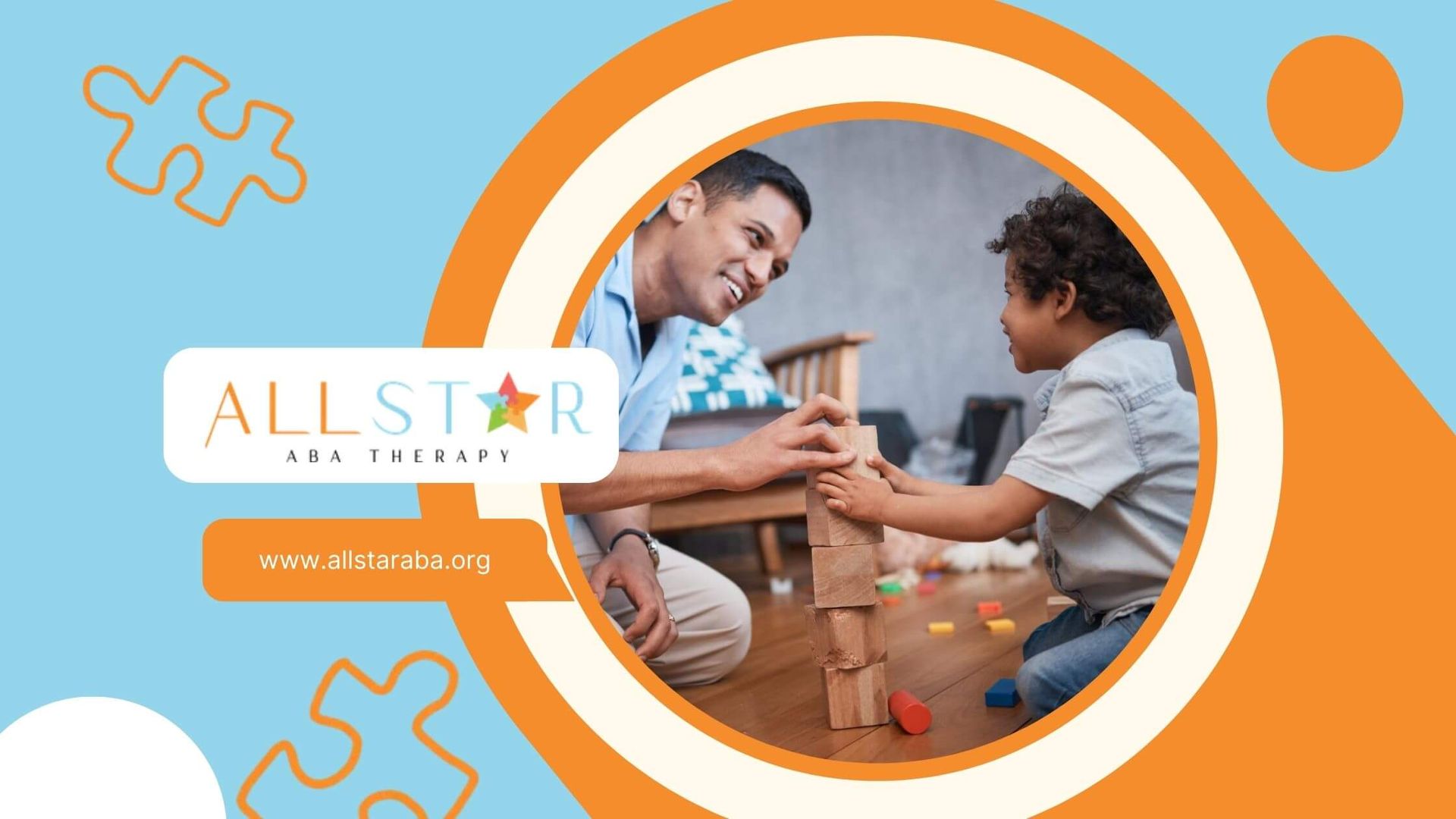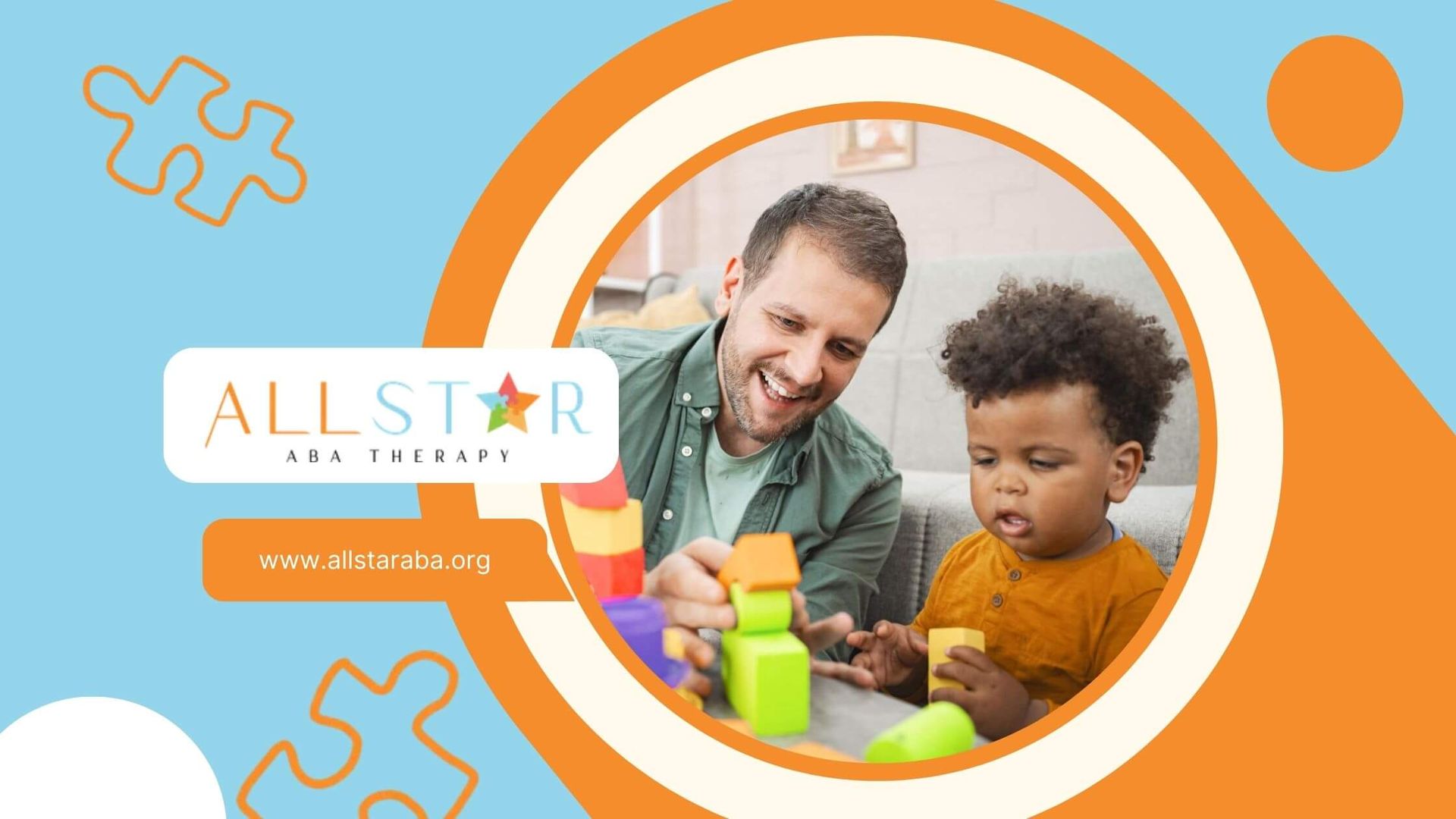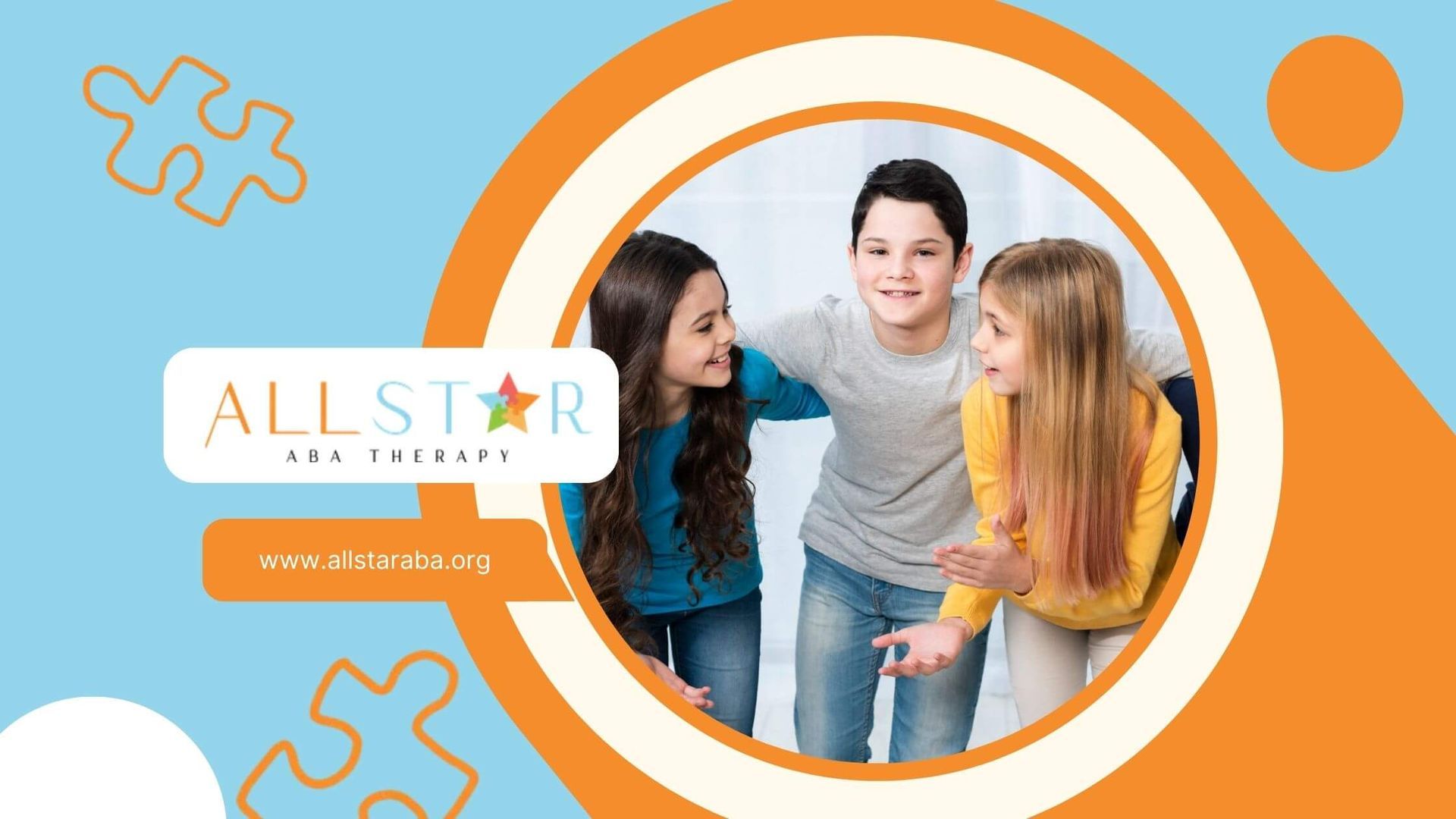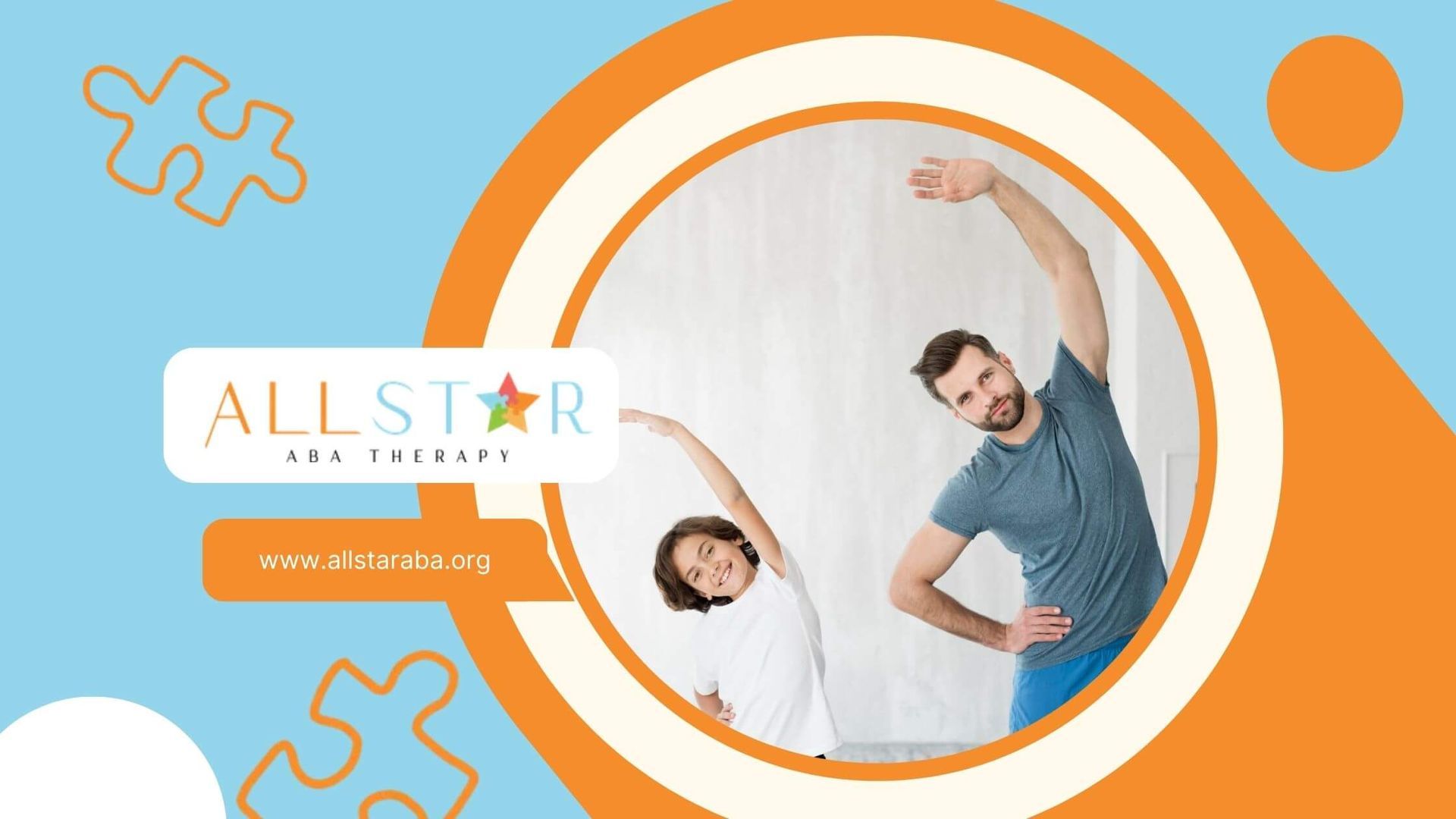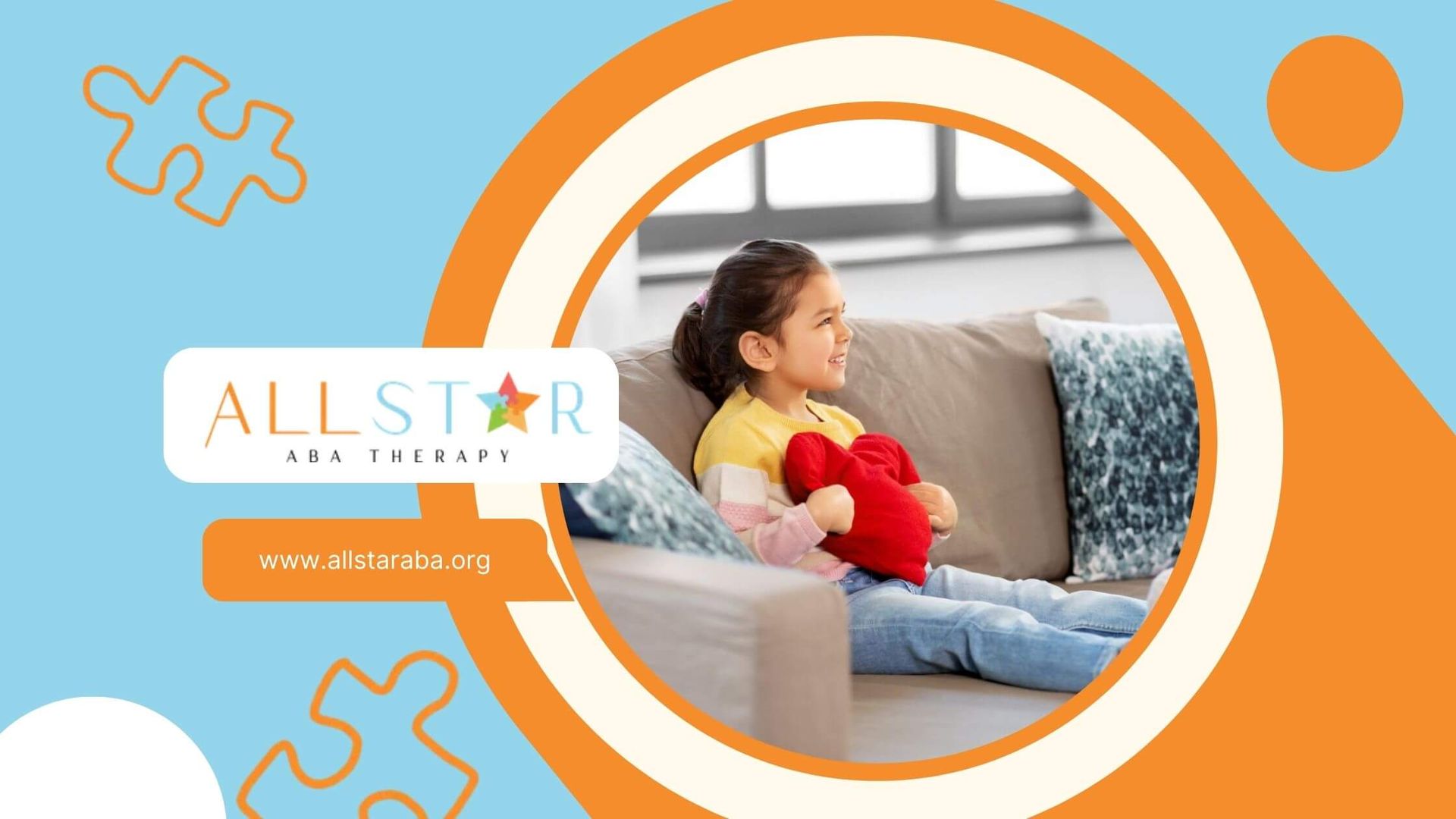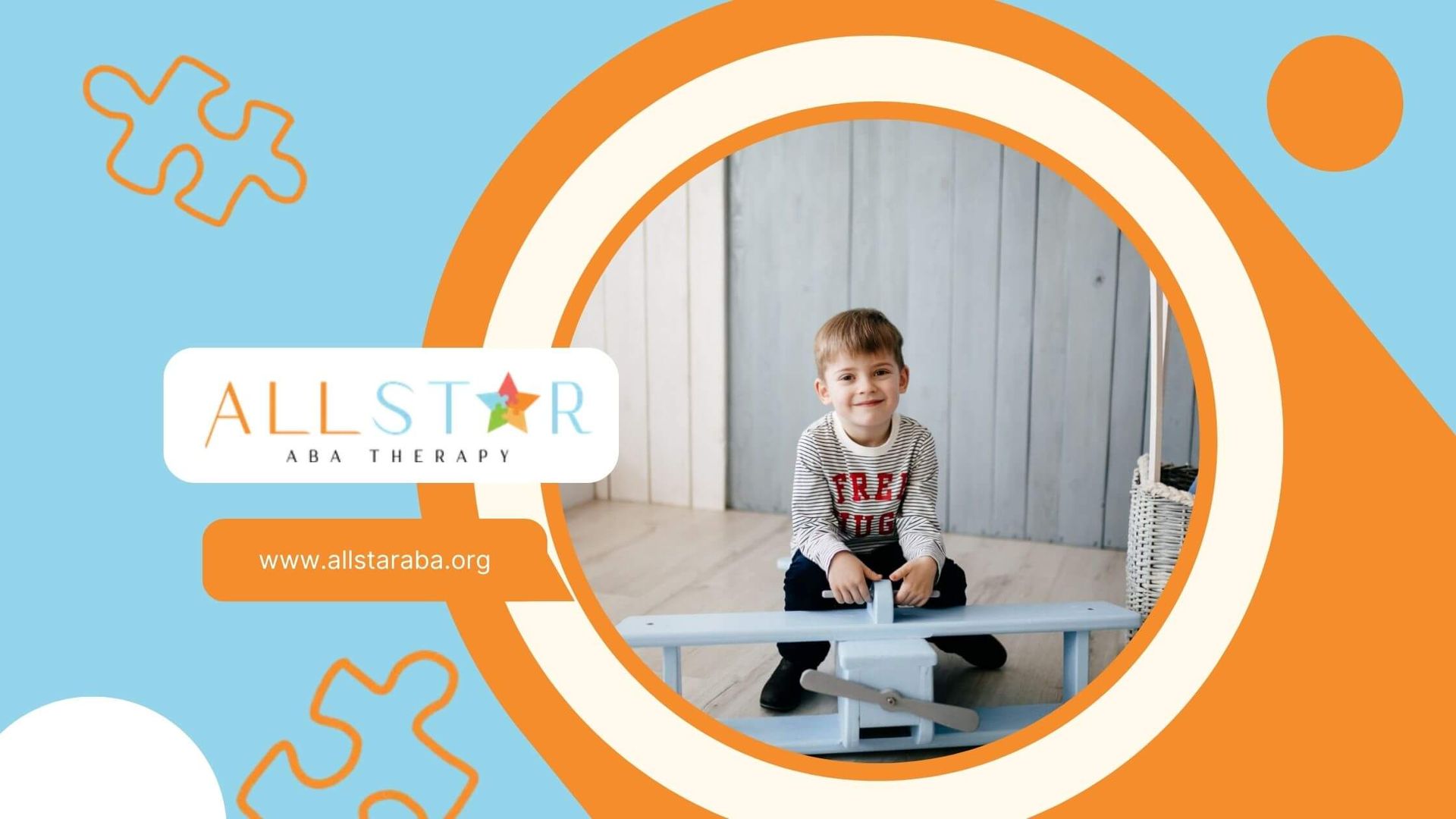New Paragraph
BCBA vs BCaBA: Understanding Their Roles in Autism Support
When families, educators, and professionals compare BCBA vs BCaBA, they often seek a clear roadmap through two widely recognized credentials in applied behavior analysis. These certifications shape how specialists assess behavior, design interventions, and support individuals with autism spectrum disorder. This article clarifies credential requirements, scopes of practice, earning potential, and real-world applications for each role.
Readers will gain a comprehensive overview of training pathways, hands-on experience requirements, and career trajectories. Whether evaluating support options for a child with ASD or plotting a behavior-analysis career, this guide delivers the facts with confidence and clarity.
Understanding BCBA Certification
What does it take to earn the Board Certified Behavior Analyst credential? A BCBA stands at the master’s level of practice, qualified to assess, plan, and supervise interventions independently.
Education Requirements
BCBA candidates must hold a master’s degree in behavior analysis, psychology, education, or a related field. They complete approximately 225 hours of specialized coursework approved by the Association for Behavior Analysis International or a verified ABAI course sequence. These classes cover topics such as ethics, measurement, experimental design, and behavior-change procedures.
Practical Experience
Supervised fieldwork is essential. Candidates accumulate between 1,500 and 2,000 hours of practical experience under the guidance of a credentialed BCBA. This hands-on training covers skill acquisition, functional behavior assessment, data collection, and treatment implementation.
Exam And Timeline
After coursework and fieldwork, candidates sit for the BCBA examination administered by the Behavior Analyst Certification Board. Many professionals complete the process in six to eight years, including undergraduate studies. However, integrated master’s programs with embedded fieldwork can reduce this timeline to as little as two years for those who already hold a related bachelor’s degree.
Understanding BCaBA Certification
How does the assistant credential differ in scope and training? The BCaBA supports behavior-analysis services under BCBA supervision and offers a bachelor’s-level entry point.
Education Requirements
BCaBA candidates need a bachelor’s degree plus at least 135 hours of verified coursework in behavior-analytic principles, ethics, measurement, and intervention techniques. This undergraduate-level curriculum lays the groundwork for entry to an assistant role.
Practical Experience
Hands-on training is a core requirement. BCaBA hopefuls complete a minimum of 1,300 hours of supervised experience. In some cases, they may opt for 1,000 hours of concentrated fieldwork within an approved course sequence. All supervision must be provided by a credentialed BCBA.
Exam Process
Candidates pass the BCaBA certification exam administered by the Behavior Analyst Certification Board. Once certified, they practice under the ongoing oversight of a BCBA and adhere to the BACB Ethics Code for Behavior Analysts. Professionals maintain their credentials through continuing education and compliance with updated BACB requirements.
Comparing Roles And Responsibilities
Which credential aligns best with a given support need or career plan? The table below highlights
key distinctions.
(Median $70K–$85K)
(Median $50K–$55K)
A BCBA assesses behaviors, crafts intervention plans, and makes data-based decisions independently. A BCaBA implements those plans, collects data, and provides feedback to the supervising BCBA. Both roles demand strong analytical skills and a compassion-driven approach.
Salary Comparison And Job Demand
How do earnings compare, and what does the job market look like? Both credentials offer stable prospects, though BCBA holders typically command higher pay and faster growth.
Typical Salary Ranges
- BCBA professionals earn between $55,000 and $85,000 per year, with many reporting median salaries from $70,000 to $85,000.
- BCaBA holders average between $35,000 and $55,000 annually, often clustering around $50,000 to $55,000.
Factors that influence compensation include geographic location, years of experience, specialization areas, and work setting—private clinics may pay more than nonprofit or school environments.
Demand Forecast
- Demand for BCBA certification rose by 14 percent in 2023 over the previous year, reflecting the growing need for independent practitioners.
- In contrast, demand for BCaBA credentials dipped by about 3 percent in the same period.
- The U.S. Bureau of Labor Statistics projects 19 percent growth for behavior-related roles through 2033, outpacing most professions and generating nearly 50,000 openings annually.
Impact On Autism Support
How does each credential translate to better outcomes for individuals with ASD? Both roles contribute vital expertise across home, school, and community settings.
Services For Families
A BCBA leads functional behavior assessments to identify the purpose behind challenging behaviors. They then design individualized treatment plans and train parents to use evidence-based strategies. A BCaBA assists with data collection, models intervention steps, and provides in-home coaching under BCBA supervision. Families benefit from cohesive teams that tailor support to each child’s needs.
Roles In Schools And Communities
In educational settings, BCBAs partner with teachers and school staff to develop behavior intervention plans that align with IEP goals. They monitor progress and adjust strategies as needed. BCaBAs often work alongside registered behavior technicians to implement classroom protocols, record data, and report on student outcomes. In community centers, both credentials support skill development in social, communication, and daily living domains.
Choosing The Right Path
Which credential makes sense for career aspirations or family support? Several factors can guide this decision.
Factors For Professionals
- Desired Level of Autonomy: A BCBA operates independently, making clinical decisions, whereas a BCaBA practices under supervision.
- Time and Cost Investment:
BCBA training requires a master’s degree plus up to 2,000 hours of fieldwork, while BCaBA candidates complete an undergraduate degree and about 1,300 hours of experience.
- Career Goals: Those seeking leadership, research, or supervisory roles often pursue BCBA. Those aiming for direct-service implementation may choose BCaBA.
Considerations For Families
- Scope of Practice: A BCBA can modify treatment plans and interpret complex data. A BCaBA delivers interventions and reports progress to a BCBA.
- Team Structure:
Optimal support often combines both roles, pairing BCBA oversight with BCaBA-led implementation.
- Budget and Scheduling: Because BCaBA rates are generally lower, some families blend sessions between BCBA consultations and BCaBA-driven therapy to balance cost and expertise.
Conclusion
Both the BCBA and the BCaBA credentials play essential roles in autism support, offering complementary skills and training levels. The BCBA brings master’s-level autonomy, advanced assessment capabilities, and leadership in plan development. The BCaBA provides cost-effective, supervised implementation, helping to extend services under BCBA guidance.
Families and professionals should consider the balance of expertise, budget, and desired level of oversight when assembling an ABA support team. Individuals weighing career paths can reflect on autonomy goals, training investments, and long-term objectives. For detailed requirements and application guidance, refer to the Behavior Analyst Certification Board’s BCBA and BCaBA handbooks, or consult a licensed behavior analyst in your area
At All Star ABA, we ensure that every therapy program is guided by highly qualified professionals. Our BCBAs lead treatment planning with advanced assessment skills, while our BCaBAs provide supervised, cost-effective support to extend services for more families. This balance allows us to deliver ethical, evidence-based ABA programs across Maryland that help children with autism build communication, social, and daily living skills. Serving hundreds of families, we’re here to provide the expertise and compassion your child deserves.
Contact us today to learn how our BCBA- and BCaBA-led ABA therapy can support your family’s journey.
Frequently Asked Questions
What is the difference between a BCBA and a BCaBA?
A BCBA (Board Certified Behavior Analyst) holds a master’s degree and can work independently, designing and overseeing ABA programs. A BCaBA (Board Certified Assistant Behavior Analyst) has a bachelor’s-level certification and must work under BCBA supervision.
Why does my child need a BCBA involved in their ABA therapy?
A BCBA ensures that therapy is individualized, ethical, and effective, using data-driven methods to adjust treatment plans and oversee technicians who implement therapy.
Can a BCaBA provide ABA therapy on their own?
No. BCaBAs can implement and help manage ABA programs, but they must always work under the supervision of a BCBA, ensuring quality and adherence to professional standards.
SOURCES:
https://online.osu.edu/content-hub/blogs/how-to-become-a-board-certified-behavior-analyst/
https://www.purdueglobal.edu/blog/psychology/bcba-vs-bcaba/
https://www.bacb.com/bcaba/
https://online.osu.edu/content-hub/blogs/how-to-become-a-board-certified-behavior-analyst/
https://www.thebehavioracademy.com/blog/bcba-vs-bcaba-understanding-the-differences-opportunities-in-behavior-analysis
https://www.horizonstaffingresources.com/bcba-vs-bcaba-whats-the-difference
Need Support?
We're Here to Help!
Our experienced team is ready to assist you. Reach out today to discuss how we can support your child's development and well-being.
Get started with expert ABA therapy today.



